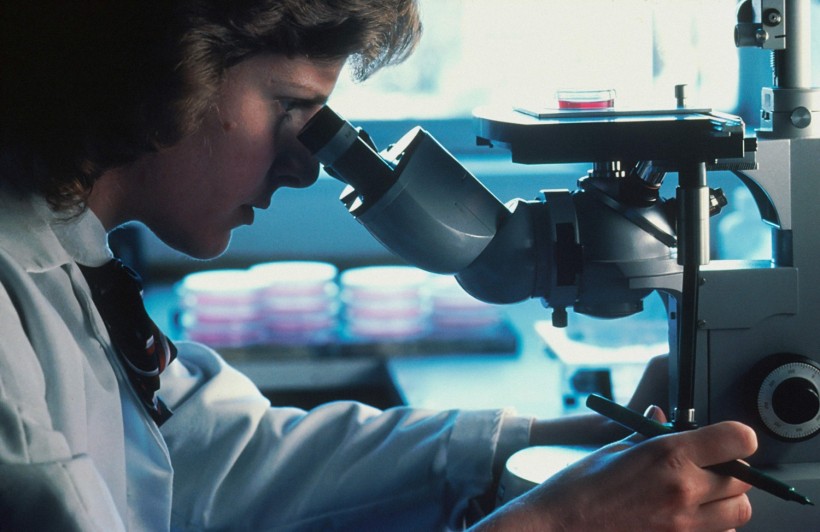RMIT University scientists have investigated nanoparticles to potentially advance nanomedicine in curing incurable diseases, such as dementia and motor neuron disease. In a press release, Dr. Aaron Elbourne, one of the lead researchers, said that nanoparticle technology could help improve drug delivery, cancer treatment, diagnosing diseases, and act as antimicrobials.
The major challenge in using nanoparticles for nanomedicine is to control how they interact with human cells to deliver medicine accurately, as it has been poorly understood until now. But they are hopeful their latest work will offer a clearer picture of what nanoparticles do at a nanoscale.

Nanoparticles Advance Nanomedicine to Cure Incurable Conditions, Develop Personalized Biomedical Technologies
Designing More Effective Nanomedicines
Elbourne noted that most nanoparticle technologies need to pass through the outer cell membrane to fulfill their function. The outer membrane is an important protective barrier that divides the internal cell environment from its surroundings but also poses a challenge for nanoparticles to deliver medicine.
They thought that if scientists could overcome this barrier, it would open a new era in medicine. In their study, titled "Behavior of Citrate-Capped Ultrasmall Gold Nanoparticles on a Supported Lipid Bilayer Interface at Atomic Resolution," published in the ACS Nano journal, they tackle this problem by providing a way to design more effective nanomedicines.
In collaboration with researchers from the University of Durham, the team discovered the exact mechanisms behind gold nanoparticles using atomic force microscopy and computer simulations of the molecular activity of cells. They observed how gold nanoparticles interact with artificial cell membranes.
Dr. Andrew Christofferson, an RMIT co-lead researcher, describes their work as unique. He pointed out that they combined experiments and modeling to show a detailed interaction between nanoparticles and cells at a scale never seen before, which will serve as a platform for future research on nanoparticles and nanomedicine.
READ ALSO: How the Use of Nanomedicine at Nanoscale Contributes to Diagnosis, Treatment of Disease
Potential Implications of Their Work
Nanomedicine's most significant impact is through drug delivery and regenerative medicine, per the report of Nanowerk. Doctors could use nanoparticles to target drugs at the source of the disease to increase efficiency and minimize side effects, offering new possibilities for the controlled release of therapeutic substances.
Moreover, nanoparticles can be used to stimulate the body's innate repair mechanisms, with most research focusing on the artificial activation and control of adult stem cells.
However, the team says that one of the main barriers to finding a cure for dementia, motor neuron disease, and other conditions deemed incurable is that nanoparticles cannot deliver treatments across the blood-brain barrier. It is a membrane that blocks foreign entities from reaching the brain.
Rashad Kariuki, a Ph.D. researcher and the first author of the study, said they are excited about the implications of their new work as it can potentially improve nanomedicine by allowing nanoparticles to pass through the membrane. Although, more work is still needed for nanoparticles to reach their potential to help treat diseases.
RELATED ARTICLE: Cancer Treatment: Nanomedicines Improve Drug Delivery, Reduce Toxic Effects of Chemotherapy
Check out more news and information on Nanomedicine in Science Times.














